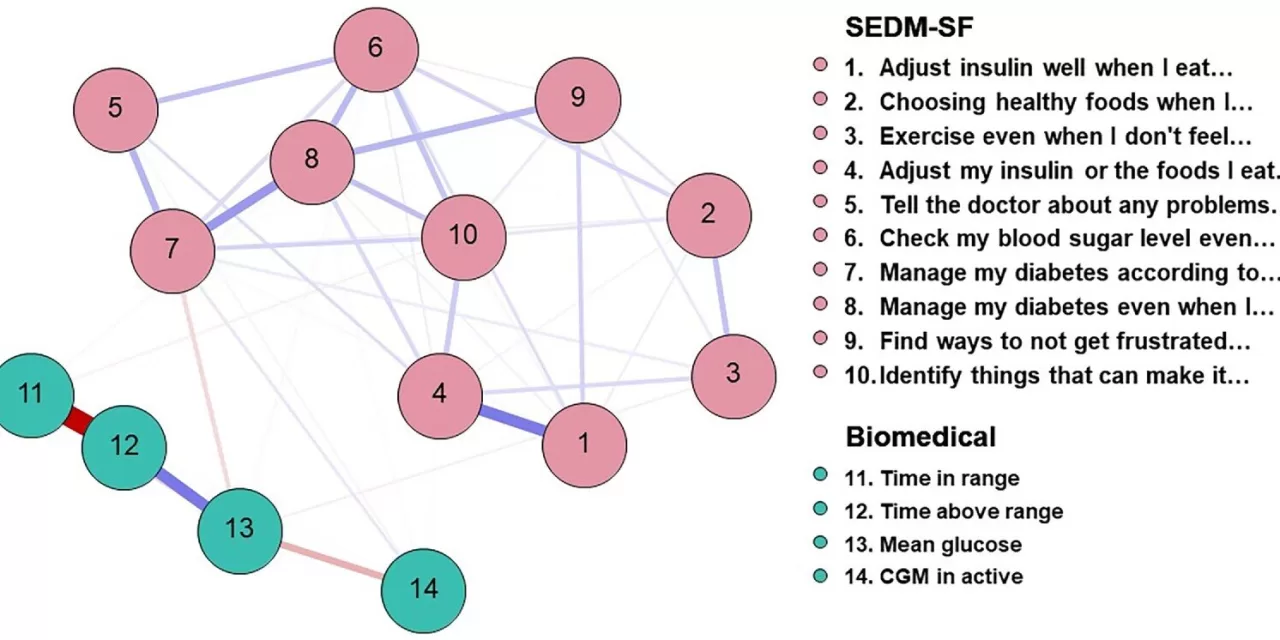A recent study published in the International Journal of Psychology sheds light on the powerful role that self-efficacy—the belief in one’s ability to successfully complete tasks—can play in managing type 1 diabetes, particularly among adolescents. The study highlights the importance of psychological factors in influencing not only cognitive and emotional responses but also physical health outcomes, such as glycemic control.
Self-efficacy, a psychological concept extensively researched by psychologist Albert Bandura since the 1980s, has long been understood to impact various behaviors. This new research, led by experts from the Reina Sofia University Hospital and the University of Cordoba, demonstrates its significant influence on the behavior and health outcomes of adolescents with type 1 diabetes.
The multidisciplinary study involved over 200 children and adolescents with diabetes, focusing on how psychological variables such as self-efficacy, affective balance, self-esteem, and social support influence their ability to manage the disease. For two years, the participants used glucose meters to track their blood sugar levels continuously, allowing researchers to monitor their glycemic control closely.
Key findings indicate that adolescents with higher levels of self-efficacy exhibited better glycemic control. According to Joaquín Villaécija, a researcher involved in the study, “people with higher self-efficacy scores show better glycemic control,” a pattern that was consistent throughout the study. This correlation was especially strong in adolescents but not as evident in preadolescents.
Carmen Tabernero, the first author of the study, explained that in younger children, diabetes management tends to rely more heavily on parents, which may explain the lack of direct correlation with self-efficacy in that age group. Based on these insights, the research team is focusing part of their efforts on enhancing parental support to improve treatment adherence and overall diabetes management.
The study also emphasizes the importance of behavioral changes to improve disease management, as chronic conditions like diabetes require consistent adherence to treatment, a balanced diet, and regular physical activity. As researcher Bárbara Luque noted, managing diabetes can be particularly challenging for adolescents, who are also navigating the stresses of identity formation and social integration.
In response, the research team is developing psychoeducational interventions aimed at improving self-efficacy among adolescents with diabetes. These interventions seek to empower patients with the psychological tools needed to take control of their health, integrating a psychosocial perspective into their overall care. The goal is to not only improve self-management but also to enhance the quality of life for young diabetes patients.
This study represents a significant step forward in understanding the intersection between psychology and chronic disease management, providing new insights into how belief in oneself can lead to tangible improvements in health outcomes.
For more information, see the full study: Tabernero, C., et al. “Charting a path to health: The empowering influence of self‐efficacy for the self‐management of type 1 diabetes in children and adolescents,” International Journal of Psychology (2024). DOI: 10.1002/ijop.13240.












